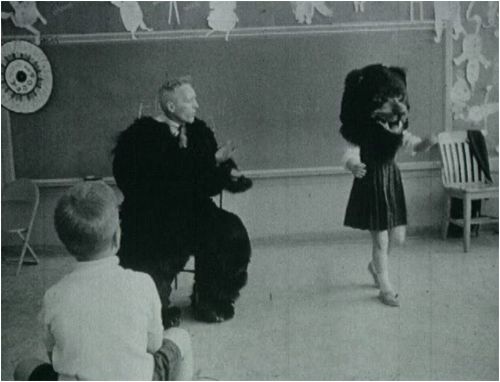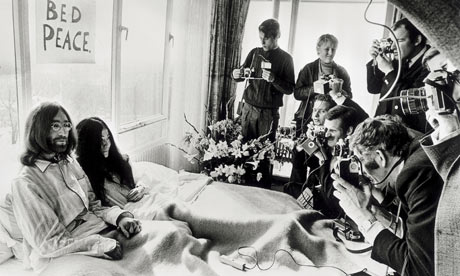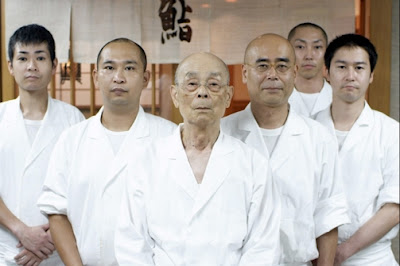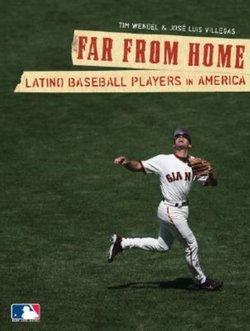“And this our life, exempt from public haunt,
Finds tongues in trees, books in the running brooks, Sermons in stones, and good in everything.”
–William Shakespeare, As You Like It, Act 2, Scene 1
One of the more frequently discussed films to have previously graced the pages of this blog (according to HOM’s power rankings, it’s currently in a three-way tie with Melancholia and Hunger Games for the coveted title of HOM’s most-blogged-about film) is Spike Jonze’s cinematic reimagining of the classic children’s book Where the Wild Things Are. The plot is a familiar one: a young boy flees from the traumas of reality, seeking refuge and free reign among the benign beasts that inhabit his imagination. Themes of youthful innocence, curiosity, rebellion, camaraderie, and uninhibited creativity combine into a poignant ode to that which is irrevocably lost and left behind in the inevitable process of growing up.
In the 2004 documentary A Touch of Greatness, we are witness to a true story in which the yawning chasm between childhood innocence and grown-up experience has been bridged in an extraordinary way. Surprisingly, the setting for the film is not the innermost realms of a child’s imagination; rather, our story unfolds in the seemingly ordinary confines of a public elementary school classroom in Rye, New York. Within this liminal space, for a brief season spanning the 1950s and early 1960s, a group of young school children were fortunate enough to encounter and engage with Shakespeare, Lincoln, and Sophocles in an unconventional manner: rather than exchanging their youthful dreams for a life-dulling, mind-numbing mediocrity and cookie-cutter conformity, these students instead become the recipients of an education that connects the fantastic with the factual, the poetic with the prosaic, the beautiful with the mundane. But how, you might ask, is such a reversal of the oft-watered-down public school experience possible? Who was responsible for creating such an unexpected spark in such an ordinary environment?
Meet Mr. Albert Cullum, a real-life hero whose highly idiosyncratic approach to elementary ed. blessed the minds, talents, and imaginations of each student who came through his classroom. For those pessimists who continually perpetuate the stereotypical view that “Those who can’t do, teach,” Mr. Cullum initially appears to be yet another stereotypical statistic: as a failed actor, he once made a fateful decision while walking along NYC’s fabled 42nd street to find another place where he could go to become a star. To his credit, however, his decision took on infinitely greater significance when he vowed that he would instead go some place where he could make everyone else around him a star. Such altruism was the lifeblood of his pedagogy, and his unorthodox, life-changing methods of opening young minds comprise the heart and soul of this touching documentary film.
With his dramatic flair, slightly mischievous attitude, and a dash of whimsy, Mr. Cullum embodies the Teacher we all long for, but all-too-rarely encounter: he is the real-life, actualized potential of the ideal seen in Dead Poets Society, The Emperor’s Club, [insert inspirational educational film reference here]. Unlike these cherished movies and screenplays, however, the story of Mr. Cullum is real. His students exist as real people with real lives and stories of their own; in light of this, the highlight of this movie, for my money, occurs during the final 5 minutes, when we get the proverbial “Where are they now?” montage, and Mr. Cullum’s lasting influence on future generations comes into full display. (For the record, this film’s closing sequence, with its stirring Penguin Café Orchestra musical accompaniment, ranks right up there with the memorable dénouements of That Thing You Do!, Napoleon Dynamite, The Royal Tenenbaums, and any season finale from The Wonder Years).
In the end, most of Mr. Cullum’s former students may not have gone on to become elder statesmen/women, A-list celebrities, high-paid athletes, Met opera stars, or award-winning persons of letters; nevertheless, they have each gone on to live lives of meaning and influence in their own respective corners of Anywhere, America, and you can tell that Mr. Cullum taught them an all-important lesson in contemporary culture: to search for that beauty and truth hiding between the covers of a book, or encoded within a mathematical formula, or buried deep inside a historical narrative, and to go forth and share these treasured findings with others. As Mr. Cullum so eloquently reminds us, “Learning’s not painful; learning should be joyful.” Amen, and amen.









